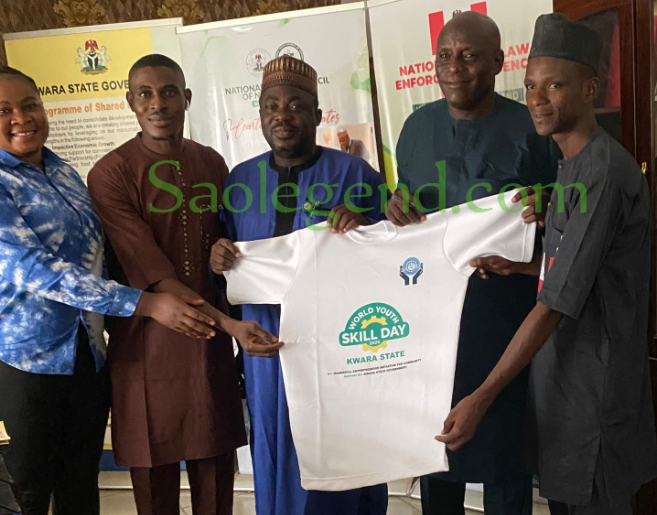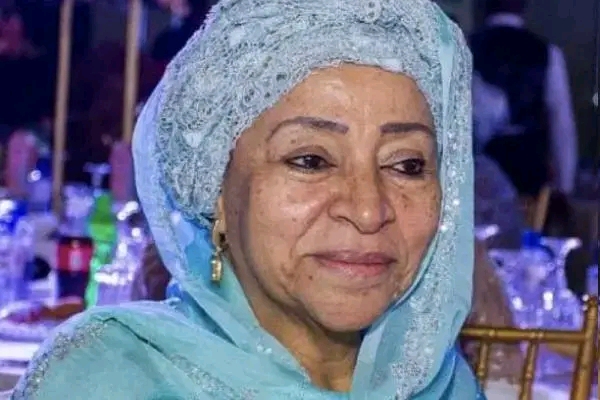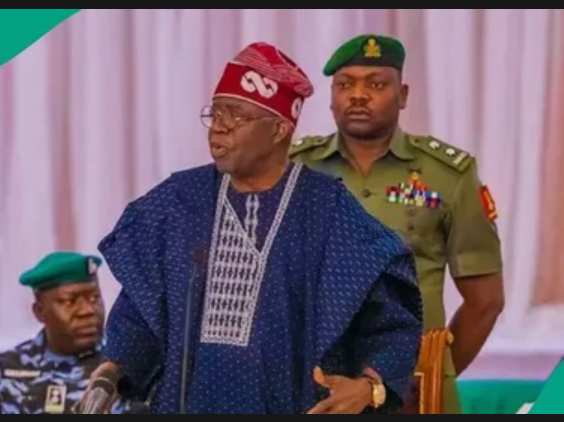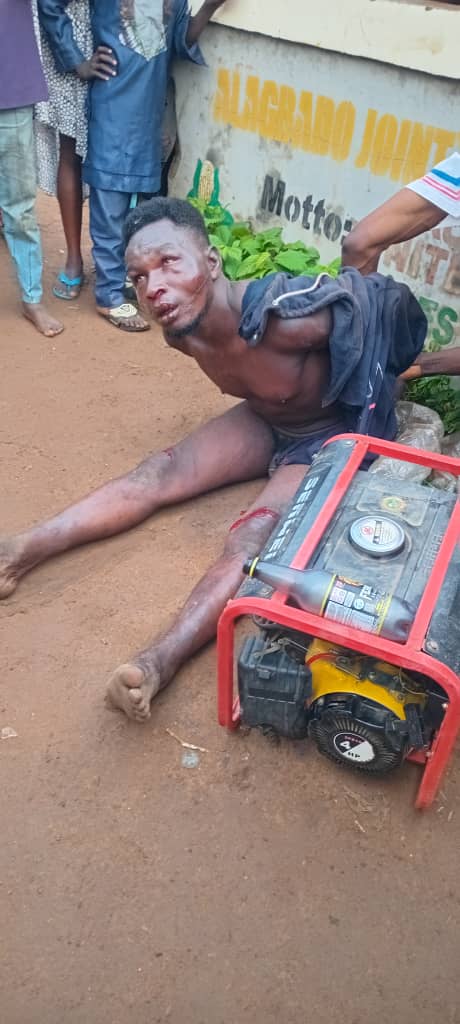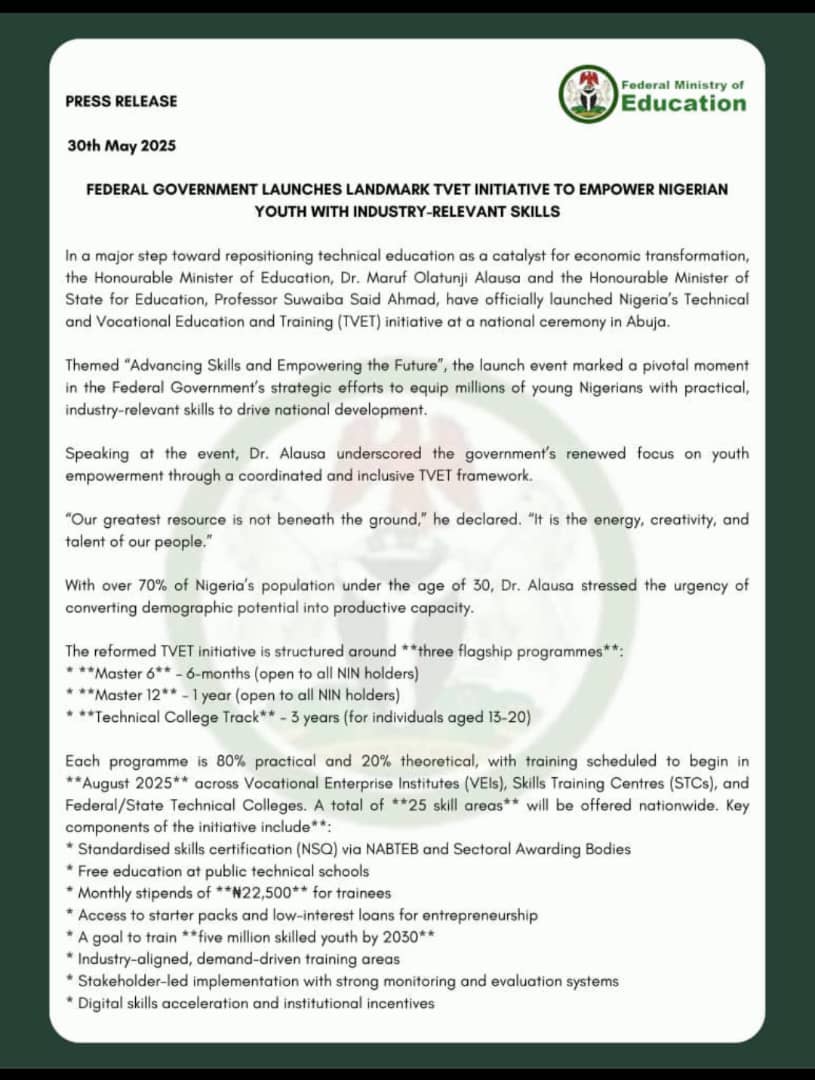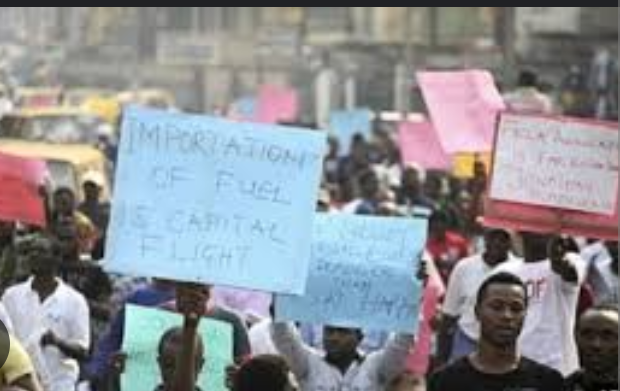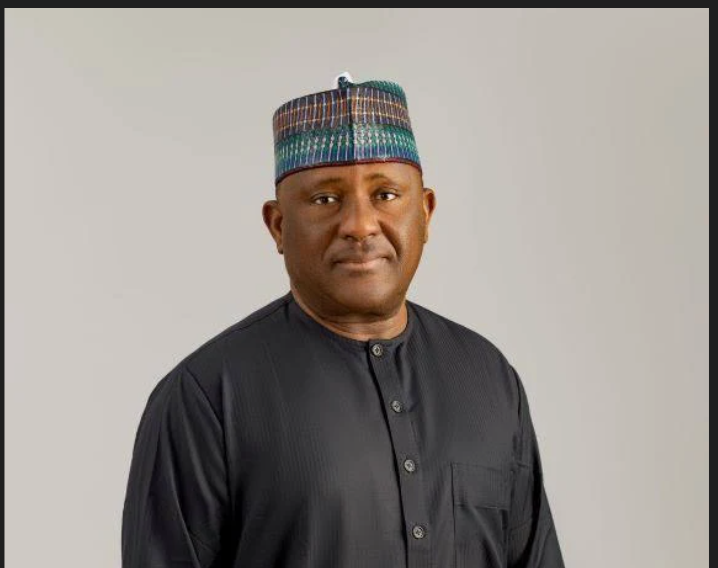
These are the real business people not people scoring cheap political points.
Two Years of President Tinubu: A Business Perspective
By Abdul Samad Rabiu
As Nigeria marks two years under the leadership of President Bola Ahmed Tinubu, I believe it is important to reflect, not from the lens of politics, but from the perspective of business, of industry, and of the economy. I speak not only as the Chairman of BUA Group – one of Africa’s largest conglomerates, but also as someone who has lived through the complexity of Nigeria’s reforms. I have seen the cost of dysfunction, the burden of inefficiency, but more importantly, the promise of a level playing field and the dividends of decisive governance.
FUEL SUBSIDY REMOVAL
The removal of the fuel subsidy is one of the most important decisions taken by this administration. Before that, Nigeria was selling PMS at 200 or 250 Naira per litre, which was about 25 or 30 cents. I doubt there was any country in the world where fuel was being sold at that price. During my trip to Saudi Arabia for the lesser Hajj in February this year, I checked the pump price at one of the petrol stations as we drove from Jeddah to Mecca. When I converted the price to Naira, it was almost 1,500 Naira per litre. That was Saudi Arabia.
We could simply not afford the subsidy. It was not just Nigerians who were benefiting from it. We were subsidising the entire region. I remember visiting Niger Republic a few years ago when President Bazoum honoured us. During dinner, he joked and said, “Thank you for the subsidy.” He said 100 percent of all PMS consumed in Niger was coming from Nigeria because it would cost them three times more to import. There was no incentive for them to bring in their own fuel or refine crude at their own refinery. This was the situation across the region.
Today, I understand that our fuel consumption has dropped by almost 40 to 50 percent. It is not because Nigerians are consuming less, but because neighbouring countries have stopped tapping into our subsidised fuel. The PMS is still cheaper in Nigeria, even at 800 or 900 Naira per litre, but the logistics no longer support easy access. Countries like Niger and Benin Republic still take fuel from Nigeria, but others have stopped.
The removal of subsidies was needed not only to save the economy but to ensure that Nigerians alone benefit from what is imported. Even if there must be subsidy, it should be for Nigerians only. The money saved is now being channelled to infrastructure, to better support for states, and to other developmental priorities. All the states are receiving more money now, and that has made a real difference.
I am of firm opinion that President Bola Ahmed Tinubu made the right decision, and he made it boldly. On the first day he took office, he did what everyone knew had to be done but no one dared to do. He acted immediately. Many criticised him, but he did the right thing, and it saved the country. Had we continued under that burden, only God knows where we would be today. I always say, Mr President is probably the only one who had the courage to take such hard and necessary decisions.
ON THE UNIFICATION OF THE FOREIGN EXCHANGE REGIME
The unification of the foreign exchange market is another critical reform. Before this, many of us in the business community spent most of our time chasing foreign exchange. I personally spent half of my time trying to get FX from the Central Bank of Nigeria. The CBN was the only source of official exchange, offering FX at around 500 Naira when the parallel market was 800 or 900. No business could survive outside the CBN structure.
Every two weeks, we would go to Abuja to seek allocations. It was exhausting and inefficient. You had to camp there for three or four days before Allocation Monday, waiting for the CBN to allocate dollars. Today, I have met the new CBN Governor, Mr Cardoso, only once in two years. The reason is simple: I do not need to go to Abuja now to get foreign exchange. The system is open. It is working.
This was also a bold move by President Tinubu. It was necessary, and he took that decision as well. We are very glad because today we can focus on our businesses. These reforms are saving the economy.
FAIRNESS, SANITY AND STABILITY IN BUSINESS
Under this administration, we have seen a return to fairness and stability in business. We no longer worry about arbitrary shutdowns or politically motivated disruptions. Let me give a real example. We started a new business in Port Harcourt four or five years ago under BUA Foods, operating at the Rivers Ports under a concession with the Nigerian Ports Authority. It was going very well. One day, we woke up to a letter stating that the concession had been revoked, the terminal shut down, and the lease agreement terminated. There was no prior warning, no issue, no conflict.
Later, we discovered that the Managing Director of NPA at the time decided to close the business simply because our operations were competing with those of her friend. She wanted to impress her friend. That was the only reason. Today, that kind of thing cannot happen. Nobody would dare take such an action under President Tinubu. You can wake up now without fear that your business has been shut down by an agency or politician.
That stability is critical. That Port Harcourt plant alone has seen over 500 million dollars in investment and has employed over 4,000 people. The confidence this government has brought is real, and it is helping us plan better.
I must also personally acknowledge former President Muhammadu Buhari. When our Port Harcourt plant was unfairly shut down, it was his intervention that saved it. I had the privilege of explaining the situation to him. He agreed it was wrong and acted. He said he would not permit injustice under his watch. That decision saved the business. But the reality is, I had access. What if I did not? That is the difference today. Now, nobody needs access to the President to be treated fairly. Everyone knows that if you do something wrong under President Tinubu, you may lose your job or even face prosecution and go to jail. That is why I can now spend more time focusing on the business and relaxing.
The President Tinubu reforms are creating a level playing field. Like I said previously, every business had to lobby the CBN for FX. If you did not, your business would collapse. Now, you do not need to go to Abuja. You just focus on your operations.
INFRASTRUCTURE AS A KEY DRIVER OF DEVELOPMENT
In infrastructure, the difference is also clear. Look at the Lagos-Calabar highway. Look at the Sokoto-Badagry road. Look at the Kwara projects we are executing under the tax credit scheme. Look at Kano-Kongolam. Look at the Okpella to Kogi State corridor. These projects are progressing because of the savings from subsidy removal and FX unification. With more revenue, Nigeria is building.
These roads and others being built are critical because logistics have become a major challenge. Transporting goods from Lagos to the North is very expensive due to bad roads. Now, the President is addressing this. With better infrastructure, logistics will improve, and businesses will grow. These reforms have enabled long-term planning and serious investment.
BUA WILL CONTINUE TO BET ON NIGERIA
Since President Tinubu took office, BUA Group has invested over one billion dollars in the Nigerian economy. We are expanding our food business, doubling our flour and pasta facilities in Port Harcourt and building another in Lagos. Demand is increasing. People are earning more. Confidence is returning. We have also completed the first POP plaster manufacturing plant in Nigeria which is now operating and are soon starting construction of a 30MW solar energy project in Sokoto State.
In the oil and gas sector, we are completing our LNG project in Ajaokuta, Kogi State. These investments are possible because of stability that has been brought about by President Tinubu’s reforms. We can plan now. The exchange rate has been fairly stable for almost a year. FX is accessible. Money is coming in from different sources, and investors are responding. If you want 200 million dollars a week for trade, you can get it without lobbying anyone at the Central Bank. These are the results of good policies.
ON FOOD SECURITY
When I met President Tinubu recently, he raised concerns about food prices. He wanted to know what BUA Foods was doing. I explained that his six-month tariff waiver had worked. It disrupted hoarding in the rice market. In Nigeria, the rice harvest is short and runs for about three months. Middlemen were buying paddy rice, hoarding it, and raising prices post-harvest. This artificial scarcity drove prices to as high as 110,000 Naira per bag. The farmers did not benefit. Farmers just wanted to sell and move on yet some people were buying from them, hoarding it, and creating a food crises in the country.
The temporary waiver allowed rice to be brought in, and milled immediately. The hoarders were cut out. Prices began to drop. It was a short-term solution, but it worked. It showed foresight. I told the President it helped and that if the situation persists, further steps can be taken. But for now, it has made a difference.
PRESIDENT TINUBU’S NIGERIA FIRST POLICY AND BACKWARD INTEGRATION
President Tinubu’s Nigeria First policy has aligned well with our own belief in backward integration. Our cement business is almost entirely local. We mine our own limestone. We use Nigerian gas even though it is dollar-denominated. The only foreign element is the equipment, and even that benefits from government concessions for mining equipment which everyone else in the industry benefits. If we had to import cement today, prices would be over 15,000 Naira per bag. Nigeria does not have the port infrastructure to even handle the import volume. Producing locally has saved the economy and stabilised the sector.
We are doing more, and we will continue to do more. Nigeria has everything—population, arable land, resources, water, and now, strong leadership under President Tinubu. We believe in Nigeria because the fundamentals are now strong. My advice to all is to take a Bet on Nigeria. This is the place to be.
So for me, what has this administration done right? First, it removed the fuel subsidy which was the biggest economic scam in our history. Second, it unified the foreign exchange market and third, it restored stability, fairness, and confidence in the economy. These are the foundations of growth. Nigeria is full of potential. With the right leadership, which we now have, there is no limit to what we can achieve.
- Rabiu is the Founder and Chairman, BUA Group


